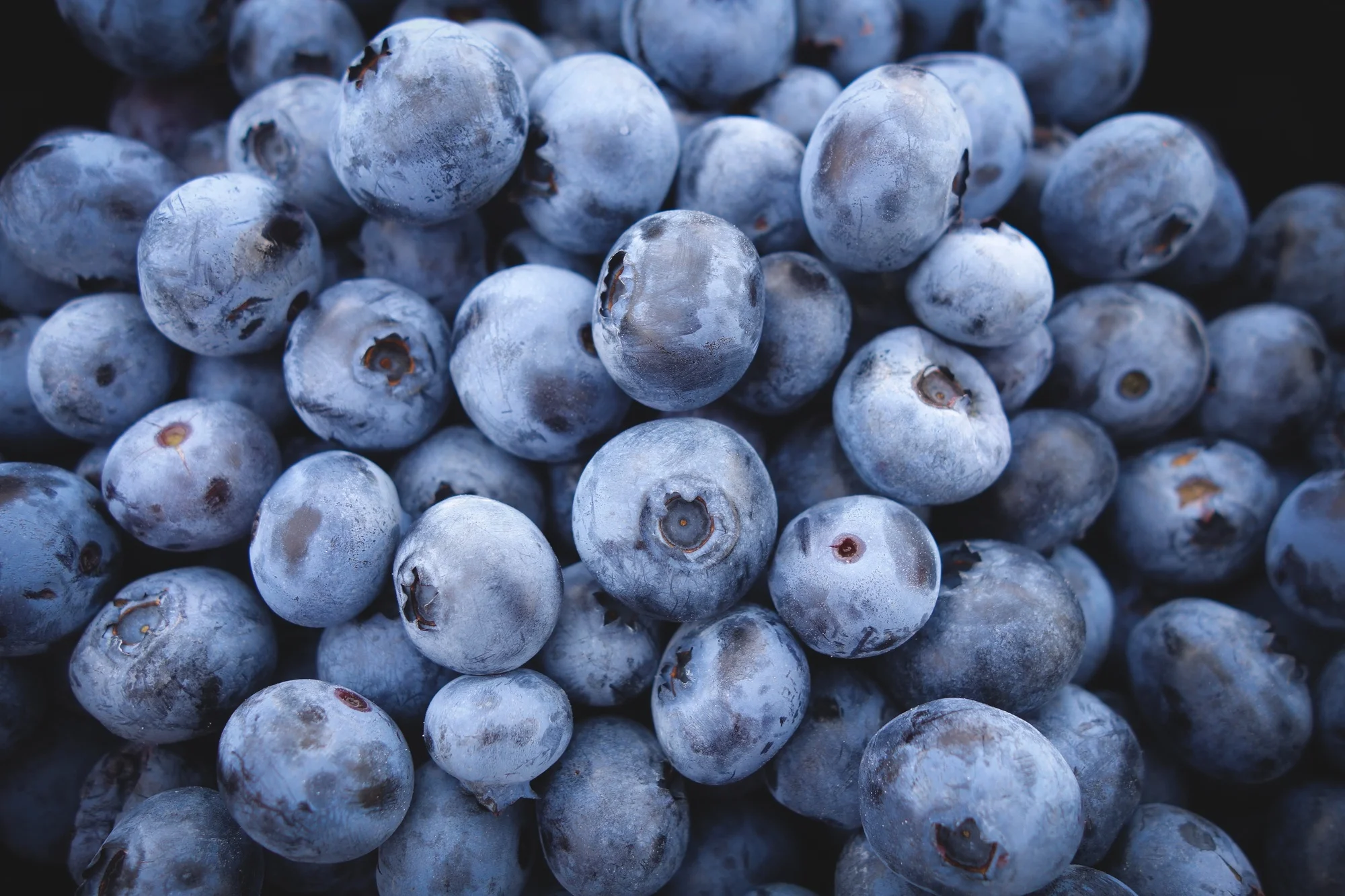What is the Mediterranean Diet?
/The Mediterranean diet has been around for awhile now (as in centuries) but it just started picking up steam beyond the region in the last few decades. Research has been building in support of this diet, and it was recently ranked the best diet by US Health and News. If you’d like to give it a shot, but have no idea where to start, read on!
What is the Mediterranean Diet?
The Mediterranean diet (MD) is based off of the cuisine eaten in the Mediterranean. It is widely loved due to its delicious flavors and the amazing health benefits the people who follow it enjoy. While the Mediterranean region spans many countries, the MD mostly focuses on the foods eaten in Greece, specifically Crete.
What can you eat on the Mediterranean Diet?
Similar to the DASH diet, the Mediterranean diet focuses on a diet high in plant-based foods like fruits, vegetables, whole grains, legumes and nuts. The main fat sources in the MD are nuts, fatty fish, and extra virgin olive oil, all of which are high in heart healthy mono and polyunsaturated fatty acids. Olive oil is a base for nearly every dish. It’s commonly doused over fish and vegetables, which are flavored with herbs and spices.
People in the Mediterranean use a variety of fresh herbs and spices in their cooking, which reduces the need for salt. Not only do herbs add flavor and color to a meal, they are also full of nutrients and disease-fighting antioxidants called polphyphenols. In fact, research shows that a diet rich in polyphenols offers protection against the development of cancers, cardiovascular diseases, diabetes, osteoporosis, neurodegenerative diseases, and more.
If you love red wine, this is the diet for you. While the health effects of alcohol have been debated for years, having a glass (for women) or two (for men) per night is an optional part of the diet and lifestyle.
What foods do you have to avoid on the Mediterranean Diet?
Carbohydrates: Refined and processed carbohydrates and sugars are eaten rarely. Carbs come from fruits and vegetables, legumes, and whole grains.
Protein: Fish is frequently eaten, along with legumes and beans, nuts and seeds. Smaller portions of meat are used - usually more for flavor than as a main part of the dish. Red meat is rarely consumed. Historically meat was infrequently eaten in the region, since it was expensive and it was not eaten during religious fasting.
Fat: Since most of the fat in the MD is from olive oil, fatty fish, nuts and seeds, this diet is high in heart healthy fats.
Why is the Mediterranean Diet so healthy?
The Western diet tends to be filled with foods that are heavily processed or high in unhealthy fats. Since the MD focuses on eating whole, plant based foods, and fat sources lower in saturated fats, this is a much healthier diet overall.
What are the health benefits of the Mediterranean Diet?
Research shows that the MD promotes a healthier heart and cardiovascular system, reduced risk of various types of cancers, stronger bones, and more. The MD was recently ranked as the healthiest diet in the US News and World Report, and is highly recommended by health professionals.
What do you think? Do you think you’d like to try out the Mediterranean Diet?
If you’re not sure where to start, check out my free cheat sheet below!



